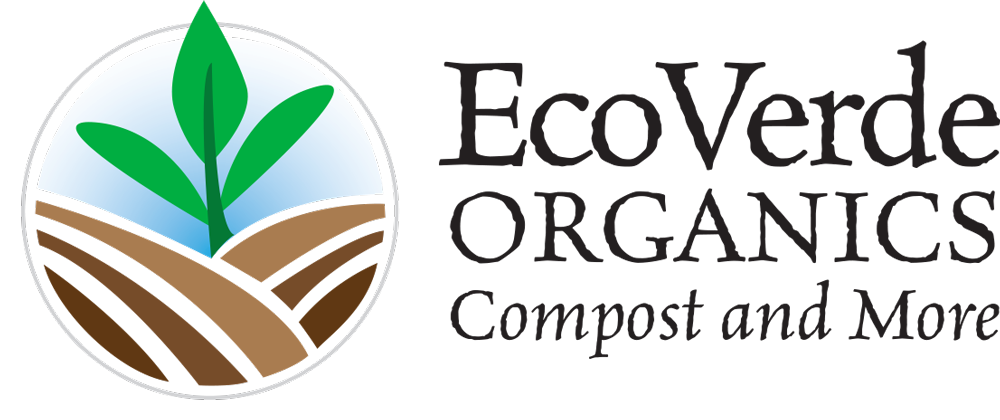Compost for Healthy Soil
Using Compost for Soil Health
Improving soil health is key to long-term, sustainable agricultural production and beautiful, productive gardens. Healthy soil enables plants to have a strong base and to acquire the macro and micronutrients they need for healthy, productive growth. Applying compost builds soil health in many ways.
Physical Soil Health
The physical properties of soil include texture (clay, loam, sand), pore space and density. The organic matter in compost lightens the soil and increases porosity of clay soils. This helps root growth by providing more space for roots to take in air and it moderates moisture. Organic matter holds 18-20 times its weight in water, so higher organic matter in soil reduces water loss due to runoff and evaporation. This means you spend less time watering your plants and have more time to sit back and enjoy them.
In WNY heavy clay soils, compost reduces compaction so the soil is more workable and roots can penetrate deeper, it stores water to reduce effects of drought and minimize run-off, and it provides a better environment for beneficial microbes (see below).
Biological Soil Health
In addition to providing a better living environment for plant roots, the added organic matter from compost improves living conditions for soil organisms like bacteria, protozoa, worms, and fungi. These organisms decompose organic matter in soil and release nutrients in forms that are easier for plants to use. This provides slow-release nutrients from the compost and improves effectiveness of synthetic fertilizers so less is needed. Many synthetic fertilizers are petroleum-based and pose high risks to human health to produce and store, so reducing use of synthetic fertilizers is a benefit to humans and the environment.
Another advantage of compost over synthetic fertilizer is that it suppresses some plant diseases. Beneficial microorganisms in the compost have been shown to suppress some plant diseases and nematodes. EcoVerde Organics uses a variety of feedstocks to improve diversity of microorganisms in its compost and maximize benefits these microbes bring to regenerate and improve soil health.
Chemical Soil Health
Compost provides a variety of macro and micronutrients to plants. It also buffers and stabilizes soil pH and may bring soil pH closer to neutral. Plants benefit because the pH affects the forms of nutrients that are found in the soil. For example, iron (Fe), aluminum (Al) and manganese (Mn) are micronutrient metals in the soil and are tied up at high pH. Plants that prefer low pH will exhibit a symptom called “iron chlorosis” if the pH is too high. Conversely, in plants that prefer higher pH, acidic soils will result in too much available iron and aluminum and resulting in a condition that is toxic to their emerging roots. Compost naturally provides a balance so artificial adjustment, such as with lime or sulfur, is not needed or is needed in smaller quantities for plants that prefer the extremes.
